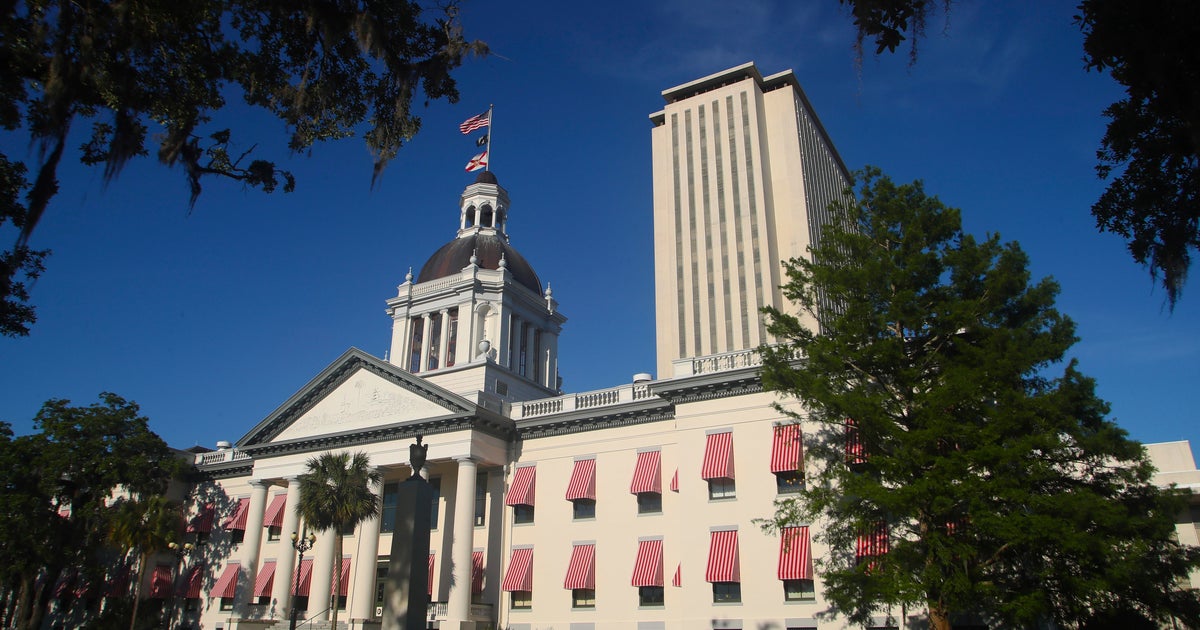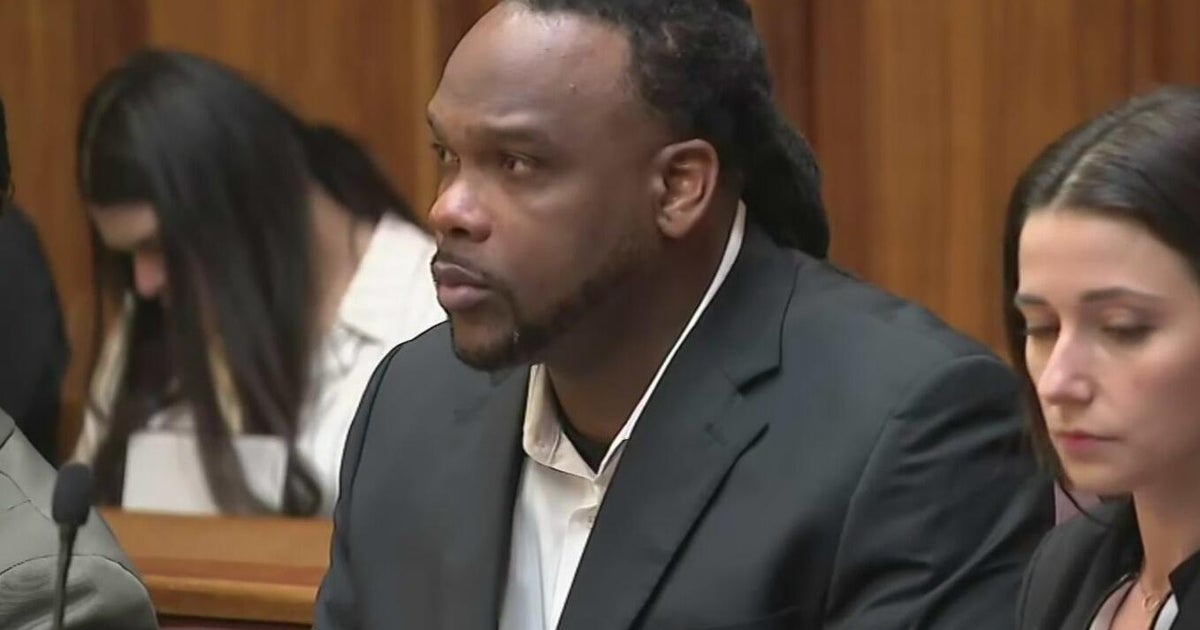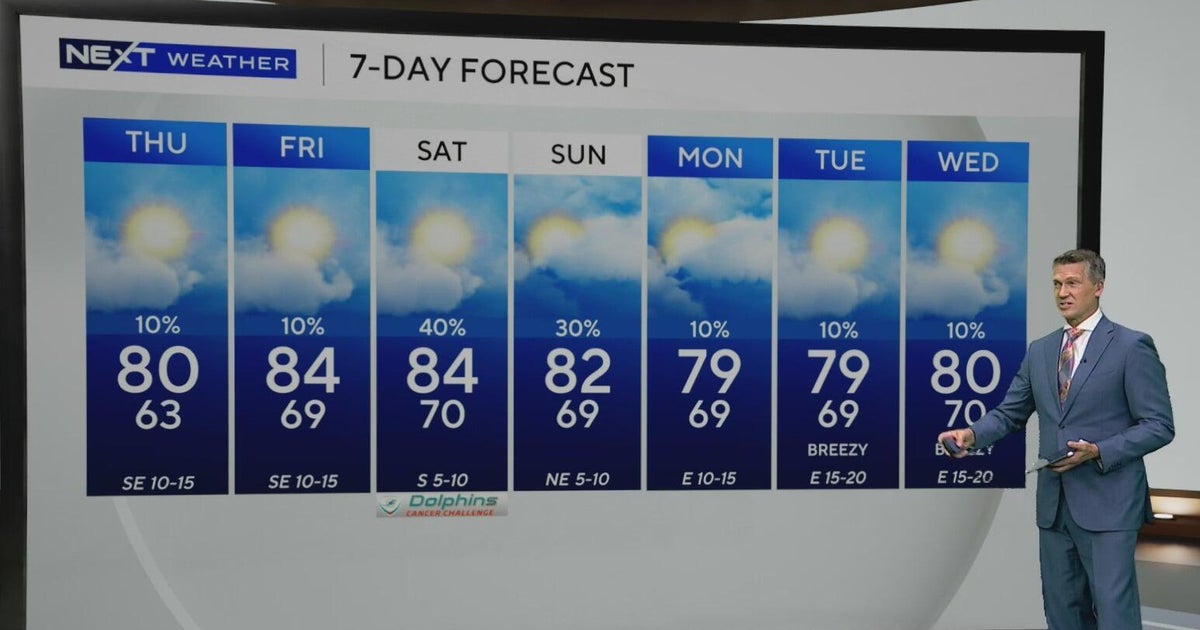Florida argued this week it should be able to move forward with a new law aimed at cracking down on undocumented immigrants who come to the state, after a federal judge temporarily halted the measure.
Attorney General James Uthmeier’s office, in a 22-page court document filed Tuesday, disputed that the law improperly encroaches on the federal government’s authority to enforce immigration laws. U.S. District Judge Kathleen Williams on April 4 issued a temporary restraining order against the law (SB 4-C).
While the temporary restraining order put the law on hold, Williams is considering a request for a preliminary injunction, which would last longer. The state’s filing Tuesday urged Williams to reject the injunction request.
Lawyers in Uthmeier’s office wrote that “states retain inherent sovereign authority to protect their citizens by aiding the enforcement of federal immigration law.”
“Florida did nothing more in enacting SB 4-C,” the document said. “To aid the United States in curbing illegal immigration (and to quell the rush of fentanyl trafficking and gang violence that accompanies it), SB 4-C criminalizes the entry into Florida of those who have illegally entered the United States by evading federal inspection. That law tracks federal law to a tee.”
The Florida Immigrant Coalition, the Farmworker Association of Florida and two individual plaintiffs filed the lawsuit on April 2, after the Republican-controlled Legislature passed the law during a February special session. Lawmakers said they were trying to help carry out President Donald Trump’s immigration policies.
The law created state crimes for undocumented immigrants who enter or re-enter Florida. The challenge alleges the law violates what is known as the Supremacy Clause of the U.S. Constitution because immigration enforcement is a federal responsibility.
In granting the temporary restraining order, Williams wrote that the plaintiffs “persuasively posit that SB 4-C unlawfully encroaches” on federal power to control immigration. She also cited details of the law, such as its requirements that people convicted of illegally entering the state face nine-month prison terms and longer sentences for subsequent convictions.
“First, it gives state officials authority to prosecute illegal entry or reentry in cases where federal actors may choose not to,” the judge wrote. “Even when federal officials choose to commence dual prosecutions under both laws, (SB 4-C’s) mandatory detention provision limits federal law enforcement discretion to recommend pre-trial release and obstructs federal courts’ ability to conduct proceedings requiring defendants’ presence. Additionally, SB 4-C requires mandatory prison sentences for state law violations where the INA (the federal Immigration and Nationality Act) allows for a fine or probation for the equivalent federal crime.”
But the state’s filing Tuesday tried to draw distinctions with federal authority.
“Through SB 4-C, Florida primarily regulates entry into Florida — not entry into the country,” the state’s lawyers wrote. “Nor does it regulate admission or the discretionary process of removal — it does not determine who is to be admitted or who will be removed from the country, decisions left to the federal government.”
The lawsuit also alleges a violation of the Constitution’s Commerce Clause because it “impermissibly regulates people’s entry into Florida, and it imposes unacceptable burdens on interstate and foreign commerce.”
But the state’s filing disputed that argument, saying the law “does not target out-of-state economic interests on its face or in its intent, but is designed to deter the influx of illegal aliens into Florida (no matter where they might reside) and prevent the many problems — social, moral, and criminal — that would follow.”
A temporary restraining order is generally limited to 14 days, and Williams has scheduled a hearing Friday on the plaintiffs’ request for a preliminary injunction, which could block the law while the case continues to play out.
The Legislature during the special session also passed another bill to crack down on illegal immigration, but the lawsuit does not challenge that measure.



